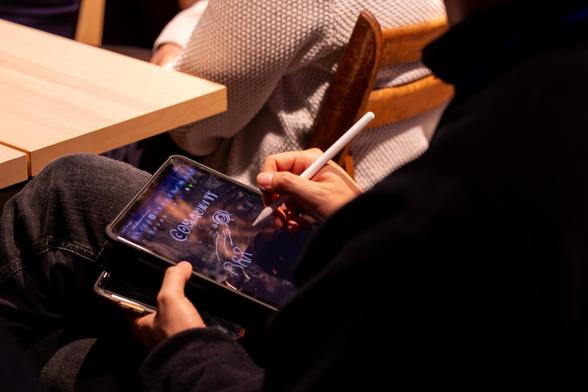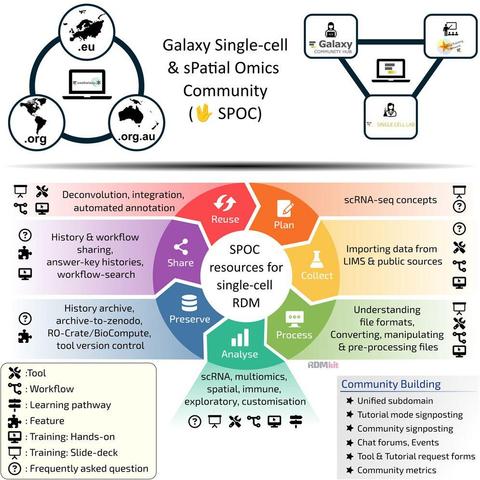@khinsen Thanks for your encouragement! Whereas I'd at first thought of Maslow's hierarchy as just a basic pattern to follow, I now think there may be a kind of 'isomorphism' here:
Physiologic Needs: any part of the analytic pipeline (from data to results) that isn't fully scripted à la #reproducibleresearch is effectively DEAD.
Safety Needs: scripts not under source control, unstructured analysis data sets (spreadsheets≈crime), and indeed all unnecessarily imperative pipeline elements (e.g., shell scripts instead of makefiles) create an UNSTABLE and UNSAFE environment for analytic work. (Where applicable, safeguarding sensitive data also belongs in this tier.)
Love & Belonging: code reviews, documentation [incl. tests, pace Dijkstra], preregistration, conference presentations, preprints, and peer review at all stages of the work; using and crediting community-contributed software.
Esteem: contributing reusable code, bug reports, bug fixes, etc. to a community of scientific software users; contributing thoroughly reproducible and criticizable analyses in peer review.
Self-Actualization: At this stage, the values achieved have to be one's own, I think. Examples might be achieving technical transcendence by doing the whole project in #CommonLisp, #Guix or (for me) ISO #Prolog 🧘, or formally proving correctness of algorithms. Another example would be that others extend & improve upon your work. Finally, #scicomm could be regarded as a true pinnacle.

![A snippet from §1.2 of 'Reporting to Improve Reproducibility and Facilitate Validity Assessment for Healthcare Database Studies V1.0', a report from the ISPE‐ISPOR Special Task Force on Real World Evidence in Health Care Decision Making.
"Reproducibility is a characteristic of a study or a finding. A reproducible study is one for which independent investigators implementing the same methods in the same data are able to obtain the same results (direct replication [38]). In contrast, a reproducible finding is a higher order target than a reproducible study, which can be tested by conducting multiple studies that evaluate the same question and estimand (target of inference) but use different data and/or apply different methodology or operational decisions (conceptual replication [38])"
Citation [38] here is Nosek & Errington (2017) https://elifesciences.org/articles/23383.pdf.](https://files.mastodon.social/cache/media_attachments/files/115/677/564/557/917/757/small/7fb1bba0895f92af.png)



